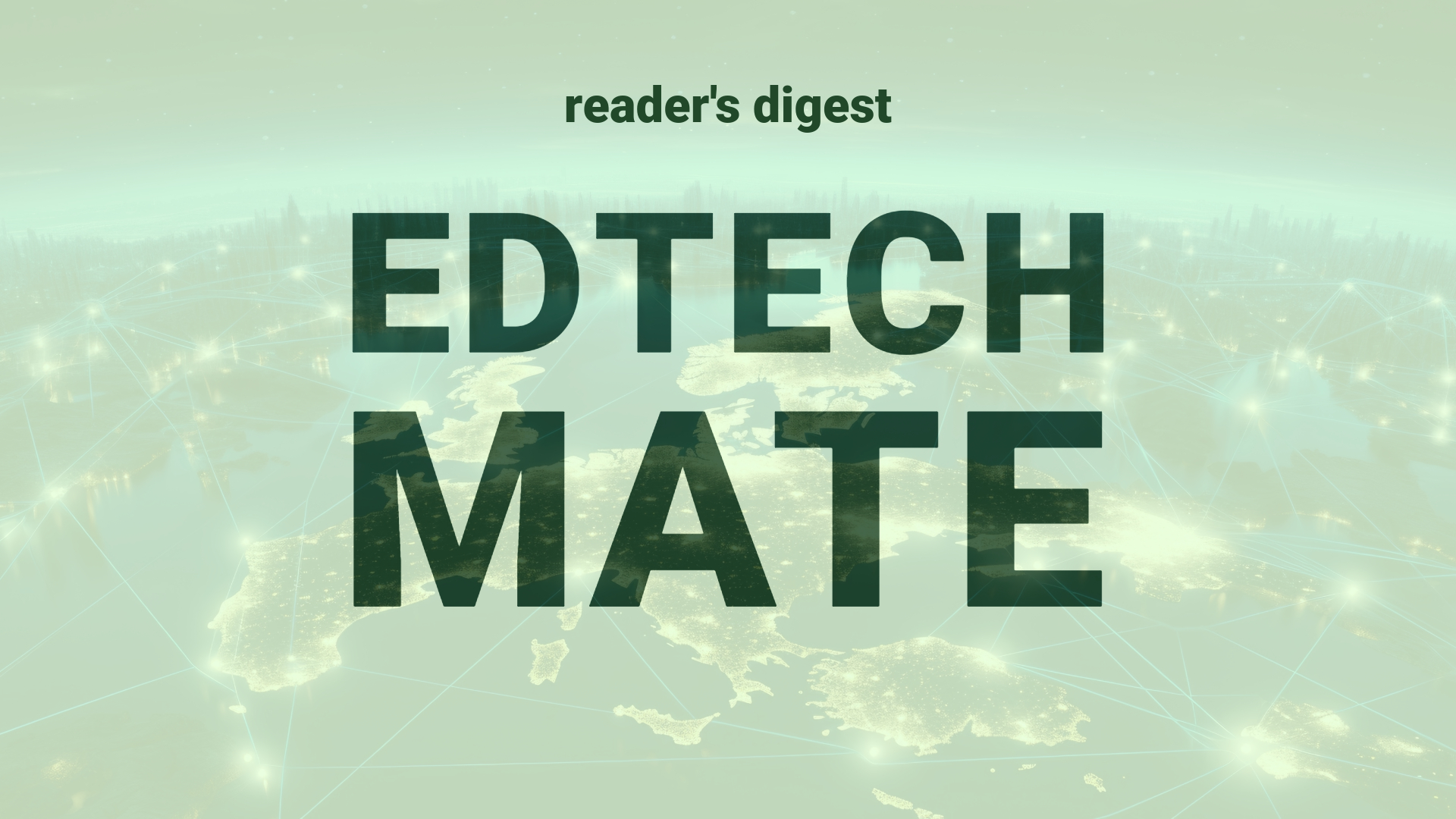“`html
Executive Summary and Main Points
Recent advancements in the Microsoft AI Cloud Partner Program, based on partner feedback, signify key innovations in artificial intelligence (AI) integration and partner program transformation within the global higher education landscape. Important updates include program revisions with new designations and certifications, personalized AI-skill development initiatives, and the real-world application of AI solutions. Adjustments in Microsoft 365, Office 365, and Teams global licensing reflect the ongoing digital transformation, with a global standardization effort to drive consistency and accessibility.
Potential Impact in the Education Sector
The evolution of the Microsoft AI Cloud Partner Program could substantially influence the education sector. For Further Education and Higher Education institutions, the introduction of new benefits packages offers varied growth opportunities and the capability to develop specialized AI competences. Enhanced global licensing for Microsoft 365 could alleviate administrative burdens, fostering a more seamless digital environment for educators and learners. The emphasis on certifications and designations aligns well with the burgeoning market for Micro-credentials, signaling potential for strategic partnerships that bolster digital credentials and AI literacy.
Potential Applicability in the Education Sector
Innovative applications for AI and digital tools have the capacity to redefine educational experiences. AI-driven analytics can personalize learning pathways, predict student outcomes, and support faculty in curriculum development. Globally harmonized Microsoft 365 licensing could enable more extensive worldwide collaboration and academic resource sharing. AI skilling resources and certifications could forge new avenues for educator professional development, aligning with emerging standards in educational technology and global education systems.
Criticism and Potential Shortfalls
A critical analysis of the program updates reveals potential limitations. Disparities in resource access across global regions, and the one-size-fits-all approach in global licensing might not accommodate unique institutional needs or regulatory constraints. Ethical and cultural sensitivities must be considered in AI deployment to prevent bias and ensure equitable treatment across diverse student populations. Comparative case studies in international contexts could illuminate the varying readiness and impact among institutions, outlining the nuanced balance between digitalization benefits and challenges.
Actionable Recommendations
Strategic insights for international education leadership suggest that the adoption of these technologies requires a thoughtful, staged approach. Piloting AI applications in targeted areas, such as student support services or curriculum design, can provide evidence-based insights for broader implementation. Partnerships should prioritize the unique context of educational institutions, fostering custom solutions over generic ones. Leadership could encourage a culture of lifelong learning and AI readiness, embedding the value of Micro-credentials in the professional development ecosystem. Implementing ethical guidelines and continuous evaluation will be crucial for sustainable innovation in the sector.
“`
Source article: https://techcommunity.microsoft.com/t5/partner-news/partner-blog-what-s-new-for-microsoft-partners-april-2024/ba-p/4118017

